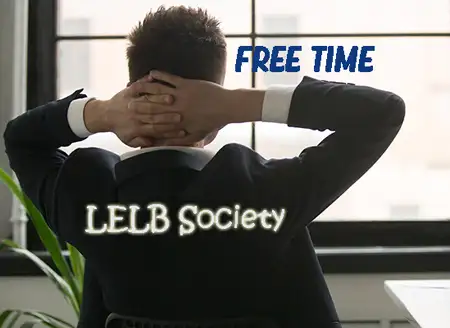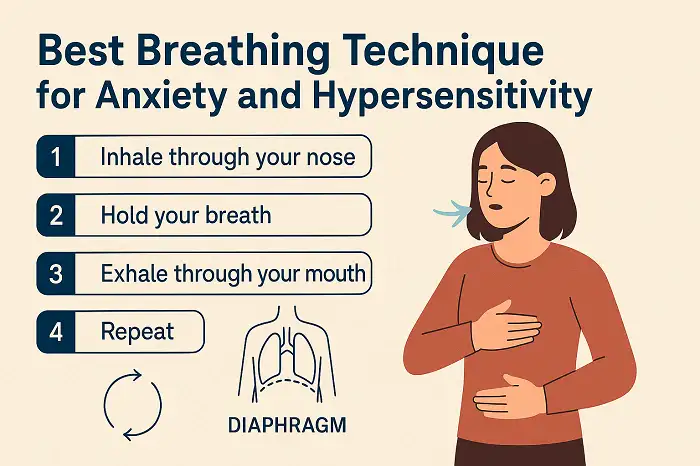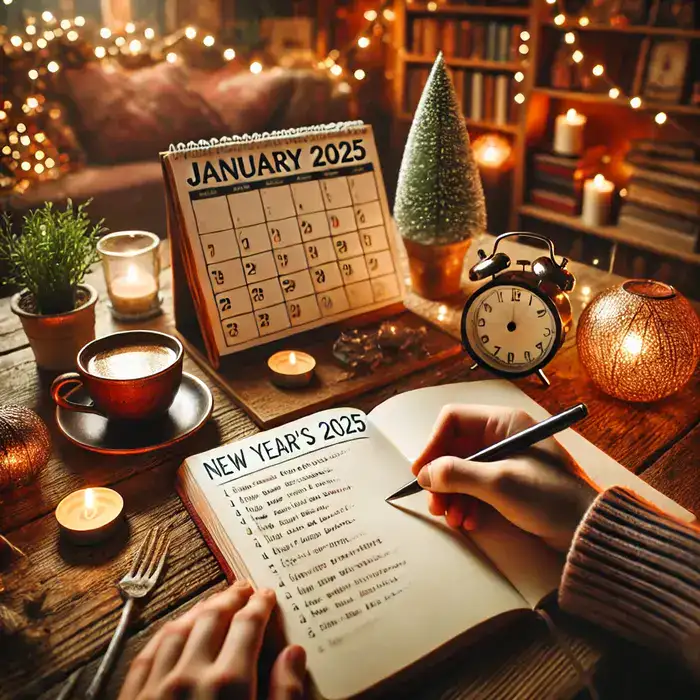Free Time IELTS Listening and Reading Practice Free Time IELTS Listening and Reading Practice Selected Text (below 500 words) Source: https://www.lifehack.org/ 10 Productive Ways to Use Your Free Time Reading file. Clip magazine articles or print out good articles or reports for reading later, and keep them in a folder marked “Reading File”. Take this wherever you go, and any time you have a little chunk of time, you can knock off items in your Reading File. Keep a reading file on your computer (or in your bookmarks), for quick reading while at your desk (or on the road if you’ve ...
Home » Listening Practice in English » Free Time IELTS Listening and Reading Practice

Free Time IELTS Listening and Reading Practice
Updated: by Dr. Mohammad Hossein Hariri Asl
Time to Read: 4 minutes | 335 Views | 20 Comments on Free Time IELTS Listening and Reading Practice
Share This Post
About the Author
Dr. Mohammad Hossein Hariri Asl is an English and Persian instructor, educator, researcher, inventor, published author, blogger, SEO expert, website developer, entrepreneur, and the creator of LELB Society. He's got a PhD in TEFL (Teaching English as a Foreign Language).
Number of Posts: 4242



How do the reading, exercise, and meditation affect on passion?
Corrections:
1. the reading: reading
affect on passion: affect passion
6-Why the narrator listed the hobby /passion as the last skill to focus ?
Corrections:
This is question No. 11.
Why did the narrator list / why has the narrator listed …
10. What are the fruits of meditation?
The fruits of meditation include a range of physical, mental, and emotional benefits. Regular meditation can lead to reduced stress and anxiety, promoting a sense of calm and relaxation. It enhances focus and concentration, improving productivity and decision-making. Meditation also fosters emotional resilience, helping individuals to manage their emotions more effectively and respond to life’s challenges with greater equanimity.
9. How many books do we need to read so as to overtake 99% of people in a specific field?
The number of books needed to overtake 99% of people in a specific field can vary significantly based on the field’s complexity and the depth of knowledge required. However, a widely cited concept suggests that reading around 50 to 100 well-chosen books on a particular subject can give you a strong understanding and potentially place you ahead of the majority.
8. How can goal time help us to have a productive day?
Allocating specific goal time can significantly enhance productivity by providing clear direction and structure to your day. By setting aside dedicated time for your goals, you prioritize what’s important and avoid getting sidetracked by less critical tasks. This focused approach helps maintain momentum and ensures steady progress toward your objectives.
7. How can reading affect your success in life?
Reading can profoundly impact your success in life by expanding your knowledge, improving your cognitive abilities, and enhancing your communication skills. Through reading, you gain access to a vast array of information, perspectives, and ideas that can inspire creativity and innovation.
6. According to the video, what is best habit could change your life? Why?
Corrections:
what is best habit could change ➡ what is the best habit that could change …
5. Why isn’t meditation practiced adequately by most of people?
4. What is the narrator’s opinion about the quality of school education?
3. Why do the majority of people these days lead a sedentary lifestyle compared to the past?
2- Mention the four most important tasks you should focus on in your free time.
Maximizing your free time can significantly contribute to personal and professional growth. Here are four important tasks to focus on: learning and development, exercise and physical activity, self-care and relaxation, and building positive relationships.
1. Why do we have a surfeit of free time these days compared to the past?